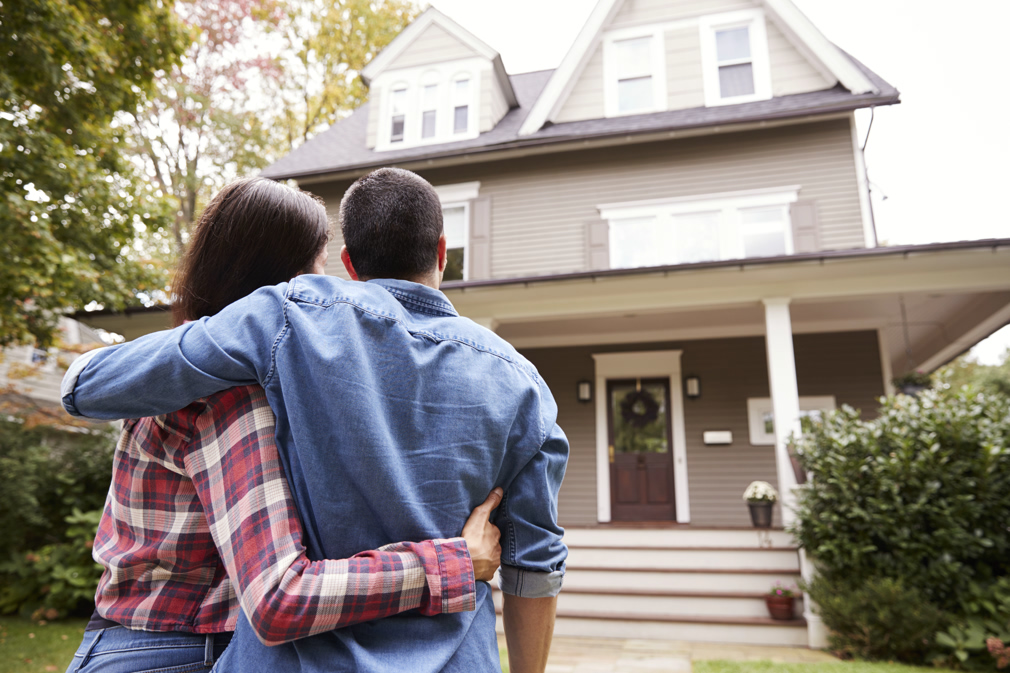A recent study from Apartment List showed that the number of Millennials who plan to keep renting is increasing, with the percentage now over 12%.
And this isn’t because people in their mid-twenties to late-thirties think that apartments are trendy or “hip.”
Rather, the study showed that the pessimistic respondents – those who expect to rent despite wanting to own – are struggling to save up for a down payment.
Generation Z, made up of those born in 1995 or later, expects to face the same struggles, a recent Freddie Mac survey showed. However, when measured against their elder generation, Gen Z is even less enthusiastic about renting than Millennials are.
According to the survey, only 19% of the Gen Zs surveyed found renting more appealing than owning a home, compared to 30% of Millennials. Overall, 93% of Gen Z respondents viewed homeownership as something to be proud of.
“The data show that while members of Gen Z clearly aspire to homeownership, they are realistic about potential barriers and understand the potential benefits of renting,” said David Brickman, CEO of Freddie Mac. “Although these results are good news for the housing markets, they also highlight the challenges many in Gen Z will face as they enter the market to rent or buy.”
Despite the survey revealing that Gen Z tending to be more financially aware for their ages, the group still said they expect to own a home by 30. For reference, the current median homebuying age, according to Freddie Mac, is 33.
“One of the biggest challenges Millennials face today is the lack of affordable starter homes,” said Sam Khater, Freddie Mac’s chief economist. “Given Gen Z’s desire for suburban medium-sized homes close to urban areas with amenities, demand for entry-level homes will intensify.”
However, there may still be hope: A recent report from Capital Economics showed that starter homes could make a comeback in 2020.
Economists at Capital Economics are anticipating a rise in new homes sold for under $300,000, from under 50% currently to about 55% by the end of 2020. According to the report, this would boost overall housing starts to 950,000 annualized.





